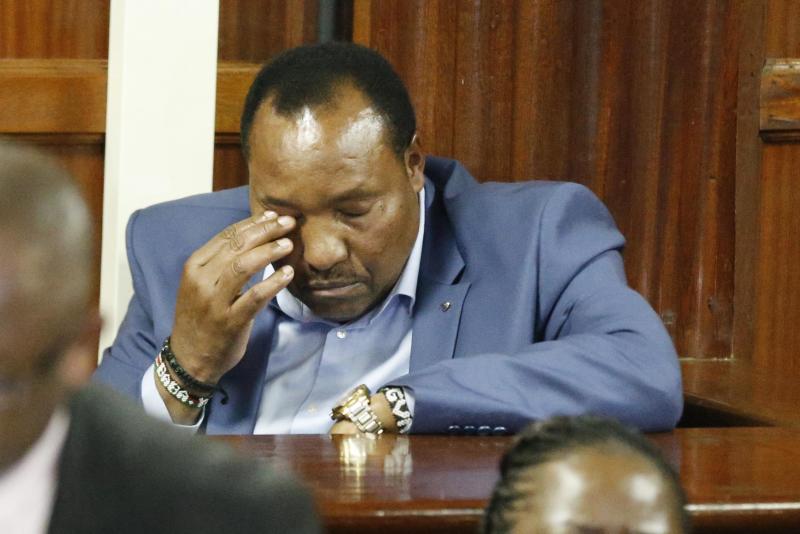×
The Standard e-Paper
Fearless, Trusted News

The New Year begins with a busy season for the courts as several cases to be settled will have a bearing on the direction the country will take.
Among cases to look out for are on judges’ appointments, Huduma Namba, Female Genital Mutilation, MPs’ salaries, the Akashas trial, and graft cases against governors Ferdinand Waititu (Kiambu), Moses Lenolkulal (Samburu) and Mike Sonko (Nairobi). The other is a murder case against Migori Governor Okoth Obado.